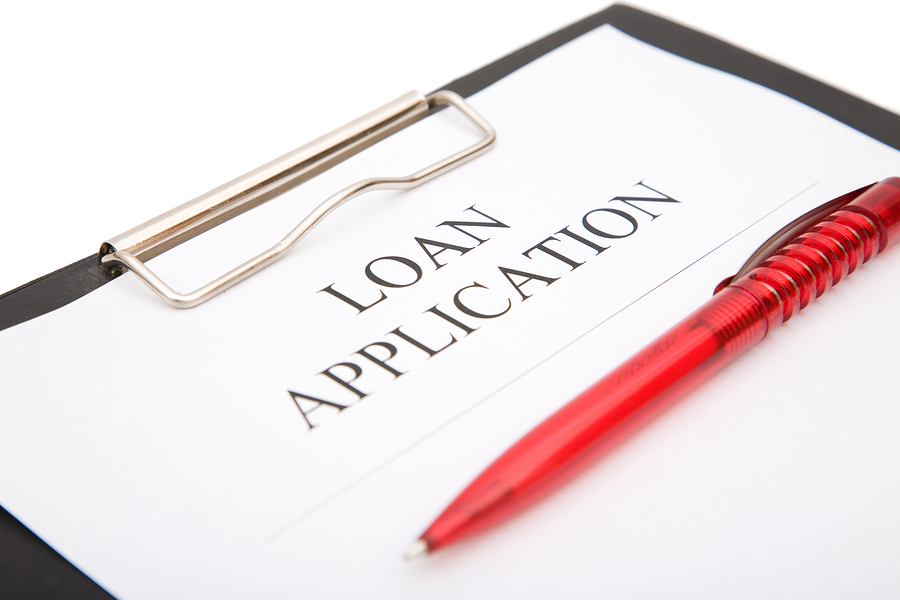View Sale Announcement Detail


Archived news
 Continued low interest rates and inflation support heightened consumer spending.
Continued low interest rates and inflation support heightened consumer spending.
Keep inflation and interest rates low while increasing wages and you'll keep US consumers happy.
As inflation continues to lay low, and interest rates take their time increasing in pace, Americans are more confident in their spending power.
A recent consumer sentiment survey put out by the University of Michigan showed that Americans expect a mere 2.4 percent inflation rate over the next five years - that's the lowest it's been since the 70s when this institution first started taking the poll.
Meanwhile, the Federal Reserve has targeted the rate at 2 percent, yet another low in over three years. And with energy prices being as low as they have been for the past few months, policymakers just might continue to keep a lid on inflation and take their time hiking up interest rates.
Low Interest and Inflation Make For a More Confident Consumer
Low inflation rates boost consumer confidence and spending and increase demand. Businesses can continue to anticipate that interest rates will remain relatively low without having to deal with inflation, which helps stimulate business confidence. Strengthened confidence lends itself to continued capital investment.
The job market has certainly benefited from low inflation, with the unemployment rate holding steady at 4.9 percent. Despite continued concerns that the US would soon be part of a global economic downturn, the economy added 242,000 jobs in February.
Americans certainly learned their lessons about over-spending and over-leveraging on loans following the financial downturn of 2008. Since then, consumers have been buckling down to reduce debt and be much more cautious about taking out risky loans. They're starting to feel better about rising home equity, which is of paramount importance to their overall financial well-being.
Employment levels are slowly improving, and the general economic outlook is pretty healthy. With continued low inflation and interest rates, consumers are now in the driver's seat when it comes spending and taking out sound loans.

Banks should be aiming towards adding profitable consumer loans to their books to boost revenues.
Optimistic consumers are keeping the economy in the US on pace for moderate growth, despite weakness in foreign markets.
Cheap Oil: Good News and Bad News for the US Economy
As of March 18, US oil prices hit $40 a barrel - that's the first time it's cracked through the $40-mark since its 13-year low of $26.21 a barrel on February 11. But it's still extremely low.
Lower gas prices can be a positive for the average American consumer, as cheaper gas at the pump is not exactly frowned upon. Americans saved about $115 billion in 2015 on trips to the gas pumps; the average driver pocketed over $540.
Lower oil prices have helped boost the economy by nudging consumer confidence and disposable income. As oil prices continue to stay on the low end, American consumers can realistically expect to continue to save.
The less money spent at the pump and on energy needed to operate households, the more money available for extra purchases - including automobiles. In fact, low oil prices have not just left consumers with more elective spending, they've led to more miles driven and higher automobile sales. And along with these sales comes auto loans to finance them.
As such, banks should take a closer look at adding auto loans to their loan portfolios - along with other consumer loan products - these loans are especially attractive because they're collateralized and often come with short terms.
Banks Should Be Taking Cues on Revamping Their Loan Portfolios
An increase in consumer confidence points to continued growth in consumer spending. The more consumers are willing to spend, the more likely and comfortable they are to take out loans to make large purchases.
It's the ideal scenario for banks, as income levels rise and delinquencies on loans decrease. This lends itself to a reduction in charge-offs and loss reserves.
After a long period of uncertainty, US consumers are now feeling empowered and confident. As mild increases in prices and interest rates coupled with income growth boost spending confidence, banks should be capitalizing on the consumer optimism that follows.
At Garnet Capital, we've had a hand at assisting banks of all sizes take advantage of stronger consumer loans. Through strategic loan acquisitions and sell-offs, banks can effectively create a loan portfolio that maximizes on profitability.
Find out more about how we can help and sign up for our newsletter today.

